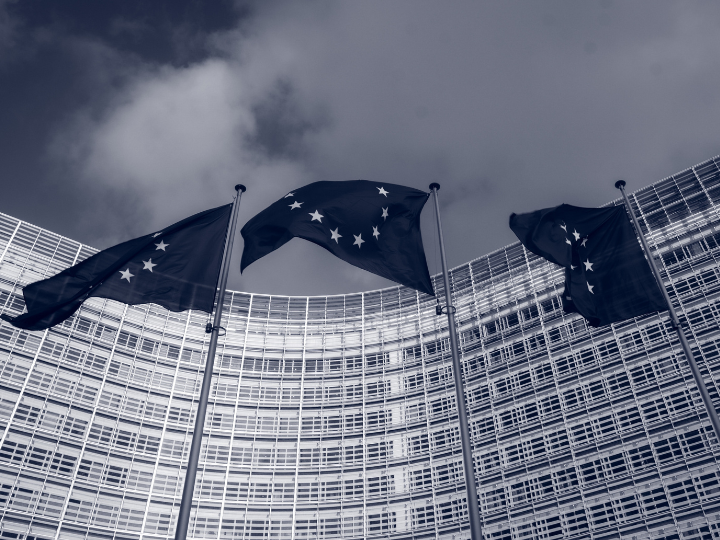by Alexandra Brzozowski
EU foreign ministers will meet on Monday (12 December) to try to agree on further sanctions on Iran for military aid provided to Russia and to top up the bloc’s European Peace Facility (EPF) with an additional €2 billion for arms deliveries to Ukraine.
Foreign ministers will also discuss the ninth package of Russian sanctions that are set to place almost 200 more individuals and entities on the EU sanctions list.
Among them will be key people responsible for missile strikes against civilians, the kidnapping of Ukrainian children taken to Russia, and the theft of Ukrainian agricultural products.
The European Commission proposal also includes new export controls and restrictions, in particular on dual-use goods – essential chemicals, nerve agents, and electronic and computer components that could be used by the Russian military.
It also favours sanctions against three additional Russian banks, including a full transaction ban on the Russian Regional Development Bank to further paralyse Putin’s cash machines.
Foreign ministers are also due to review new sanctions on Iranian people and organisations over human rights abuses in Tehran’s crackdown on protesters and additional sanctions over military aid and the supply of drones to Russia.
The proposal aims to cut Russia’s access to drones and unmanned aerial vehicles and ban the direct export of drone engines to any country which could then supply Moscow with such equipment.
Conclusions are likely to refer to all aspects of the situation in the country, including the delivery of arms and support for Moscow, internal repression, the possible development of hypersonic missiles, regional security, and repercussions for the Iran nuclear deal.
More money?
EU foreign ministers are also set to kick off the debate about increasing the European Peace Facility (EPF), the bloc’s fund used to finance arms purchases for Ukraine, which currently has a ceiling of €6 billion.
The fund has been largely depleted over almost 10 months of the war in Ukraine as more than half of the fund has been pledged for military aid to Ukraine, and member states see the need for further support.
According to several EU diplomats, the aim is to top up by at least €2 billion.
However, both the sanctions and the arms fund top-up require a unanimous decision between member states, and it remains unclear whether Hungary could potentially block either of them, resorting to what diplomats have denounced as “blackmail diplomacy” due to a dispute over locked EU funds for Budapest.
“There is an agreement, in principle, but there’s also the big elephant in the room,” a senior EU diplomat told reporters, referring to Hungary’s use of its veto power.
“It’s a type of blackmail diplomacy that we would rather not see, but it is what it is,” he added.
Should Monday’s meeting bear no results, EU leaders could take up the matter later in the week.
Eastern Partnership
Before their meeting, foreign ministers will talk with their counterparts from the Eastern Partnership – Armenia, Azerbaijan, Georgia, Moldova, and Ukraine – countries the EU has sought to stabilise in the face of Russia’s war in Ukraine.
The idea is also to look into options for how the format could be transformed in the future and hear the expectations of the five remaining members, minus Belarus, which had been excluded.
For Moldova, foreign ministers are expected to agree on a civilian mission to the country, which may ask for help in cyber defence, the fight against corruption, or strengthening the rule of law.
*first published in: Euractiv.com




 By: N. Peter Kramer
By: N. Peter Kramer

